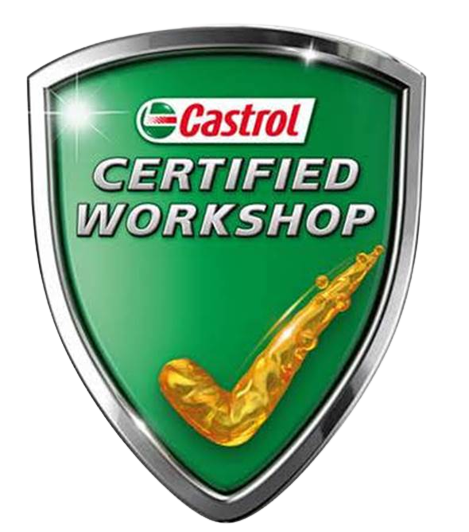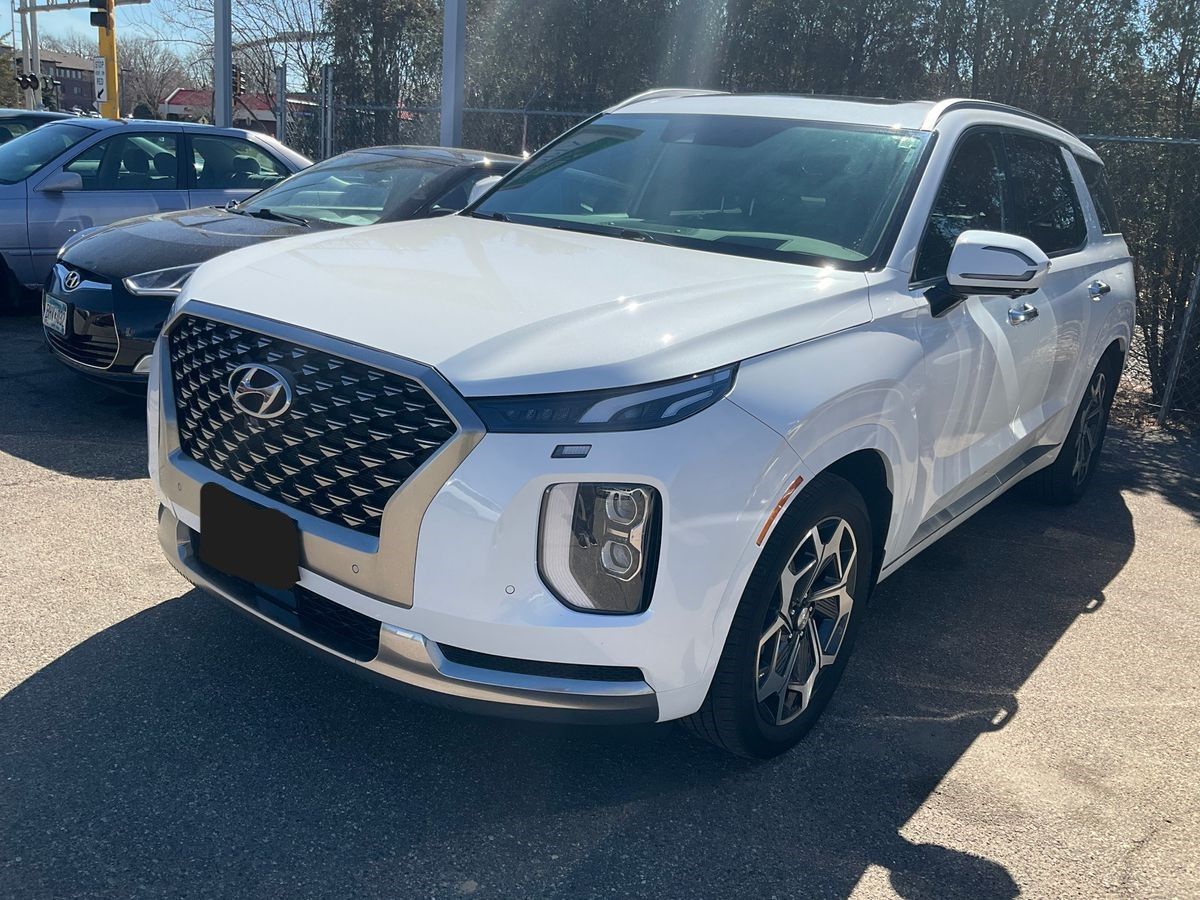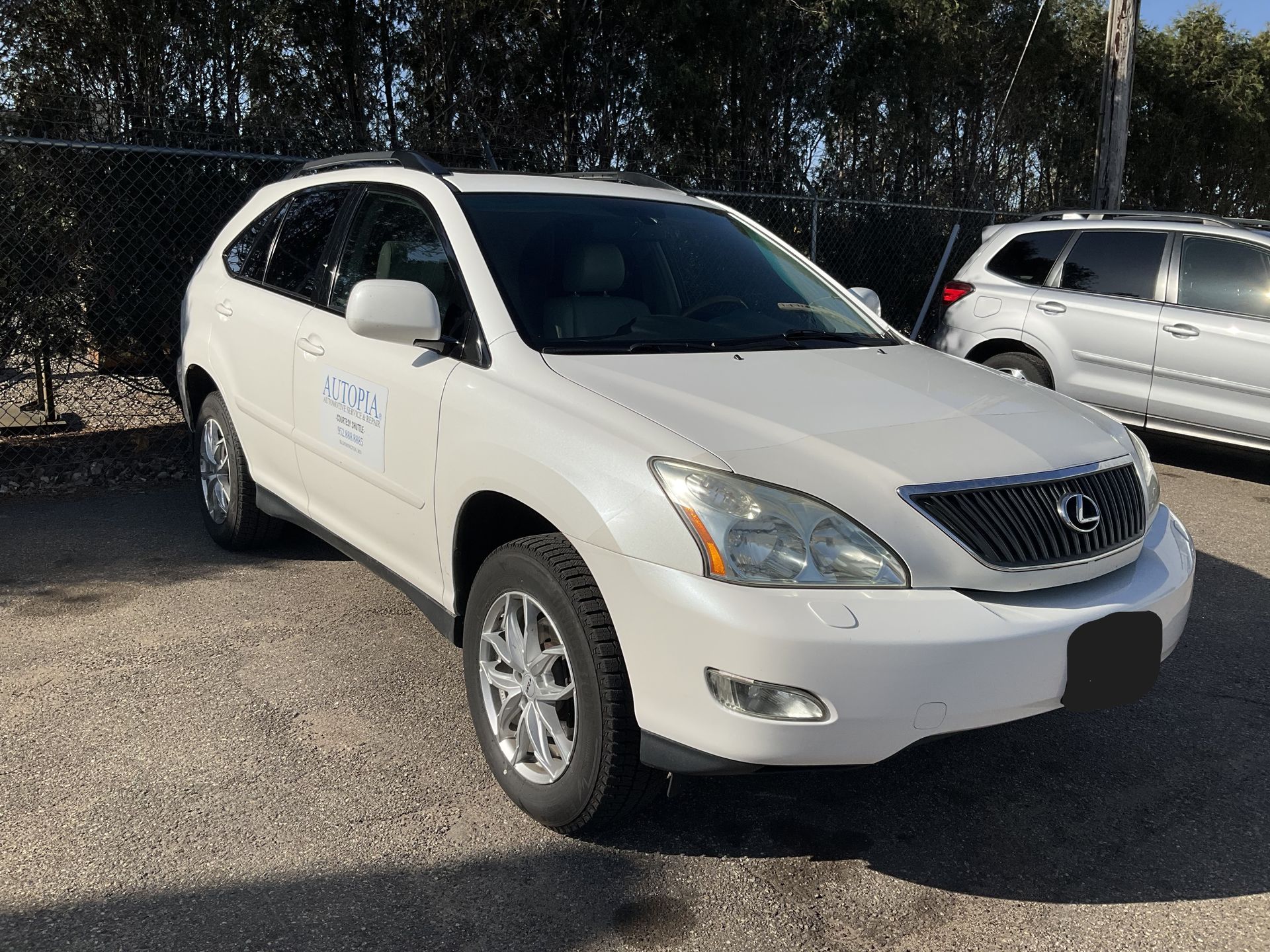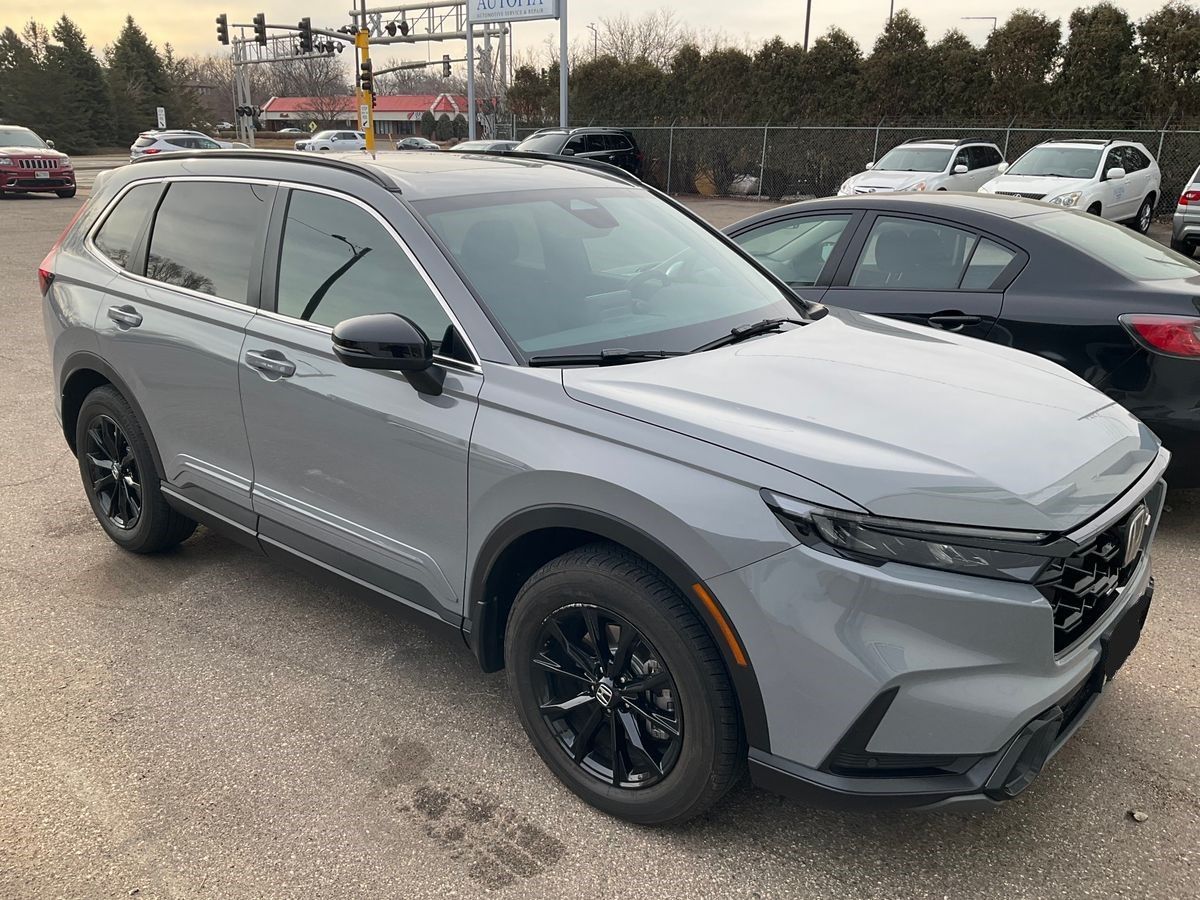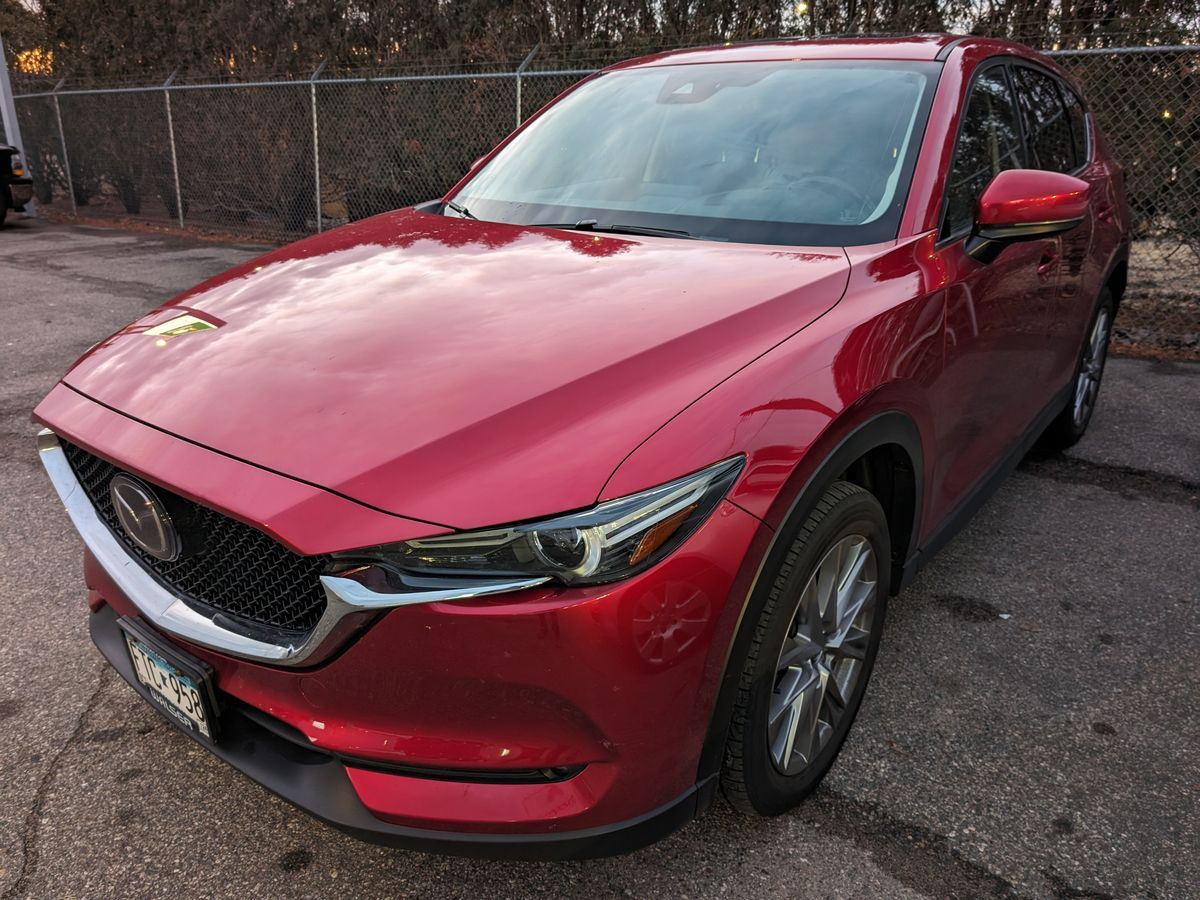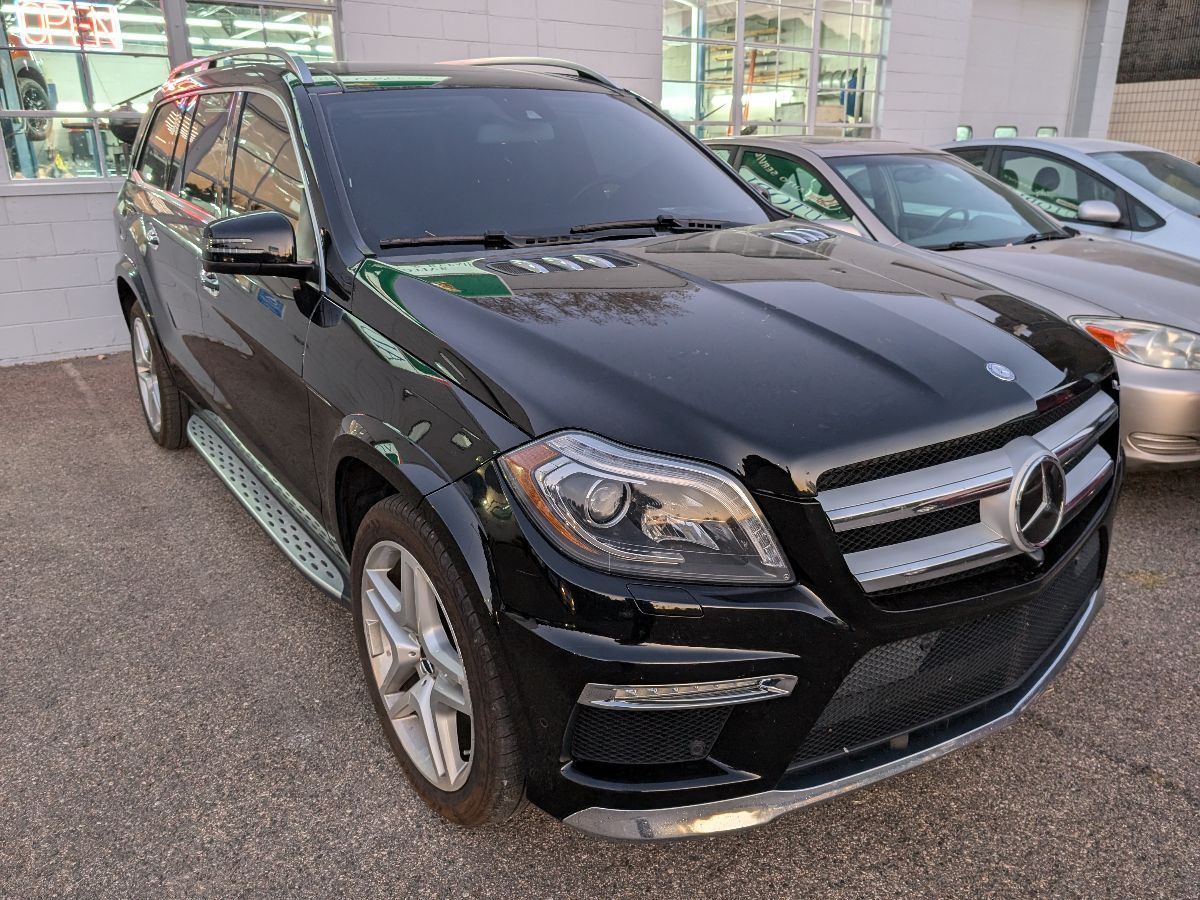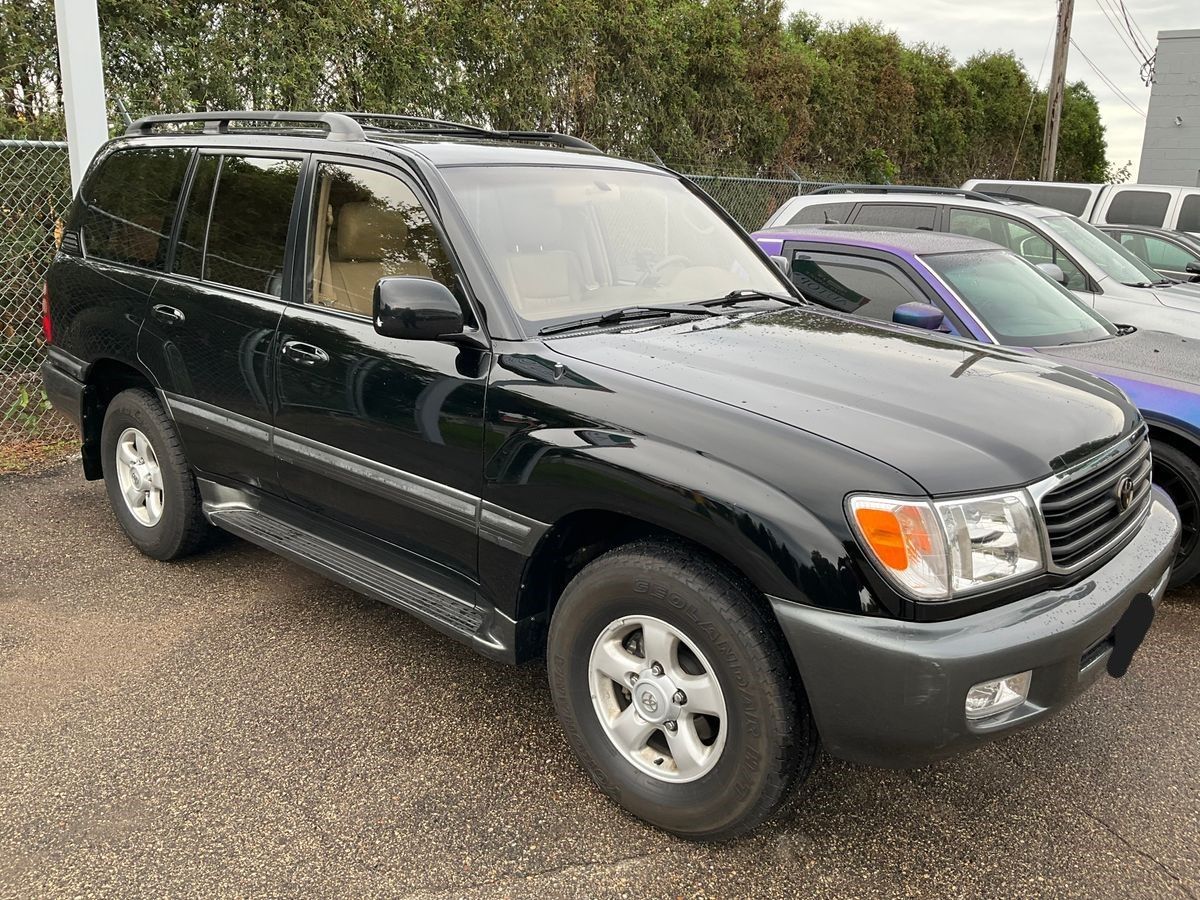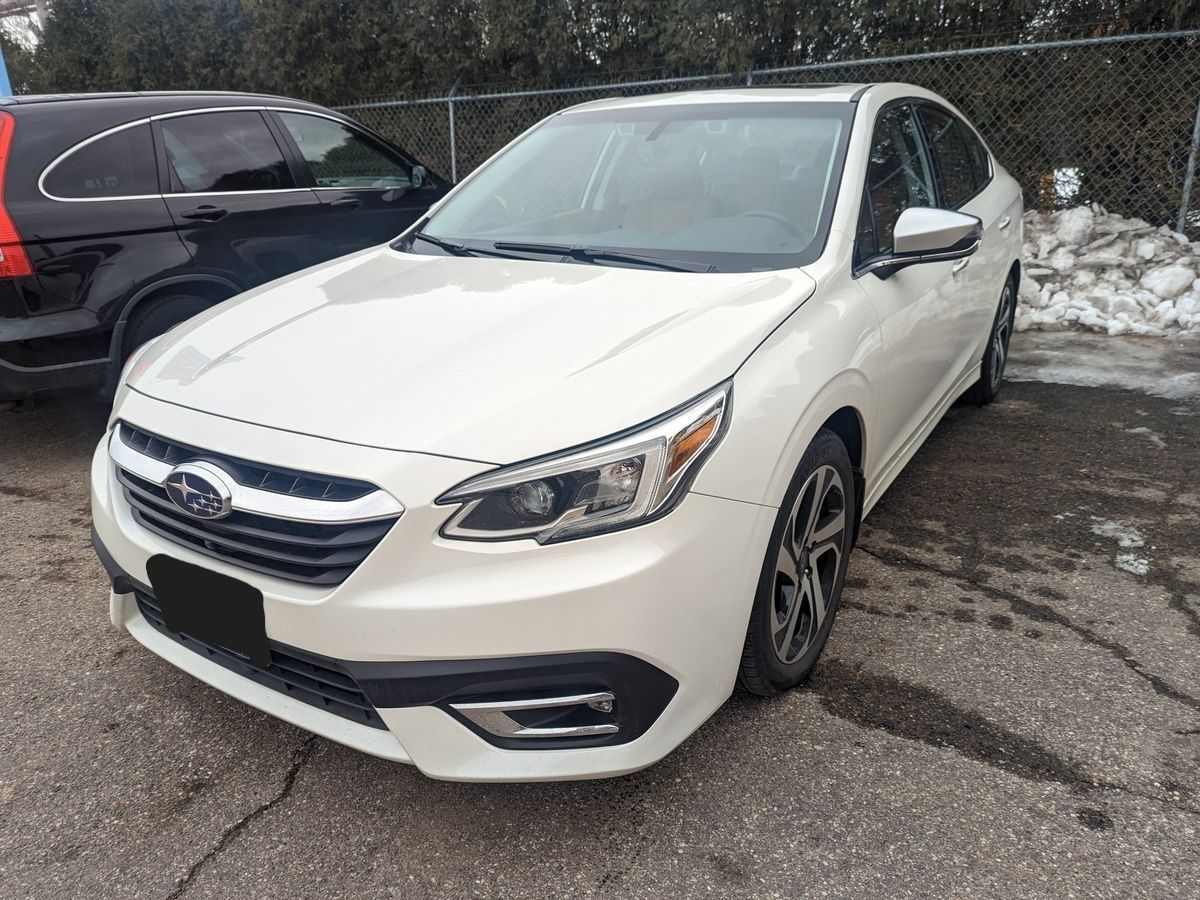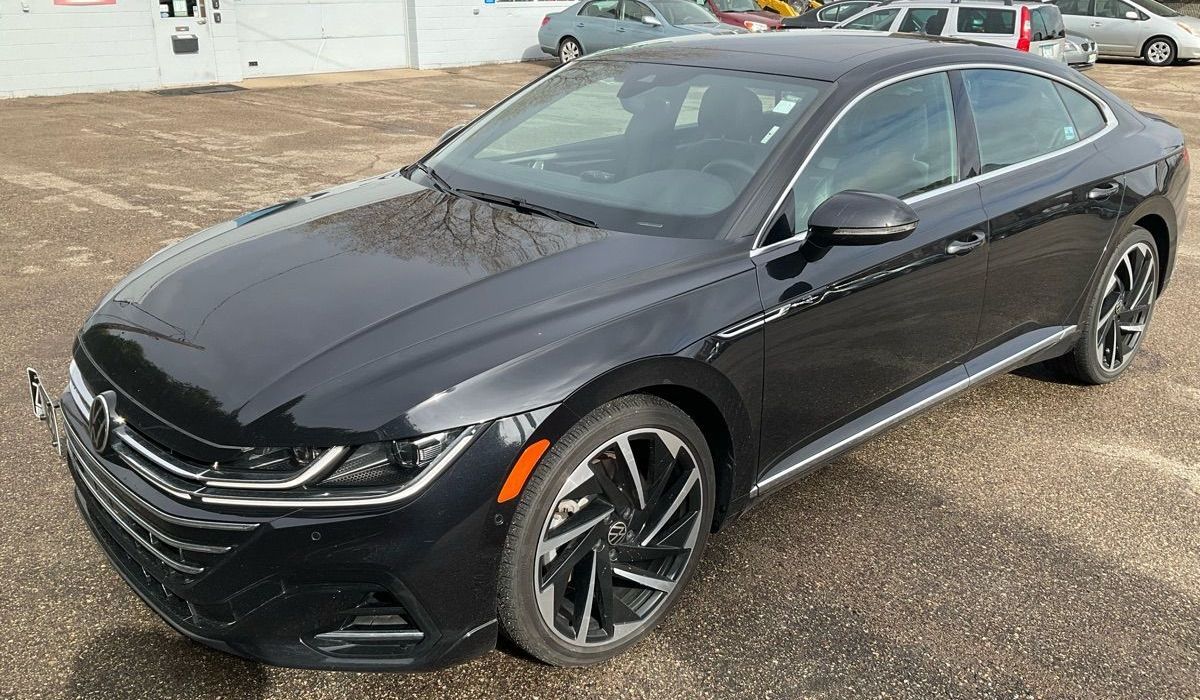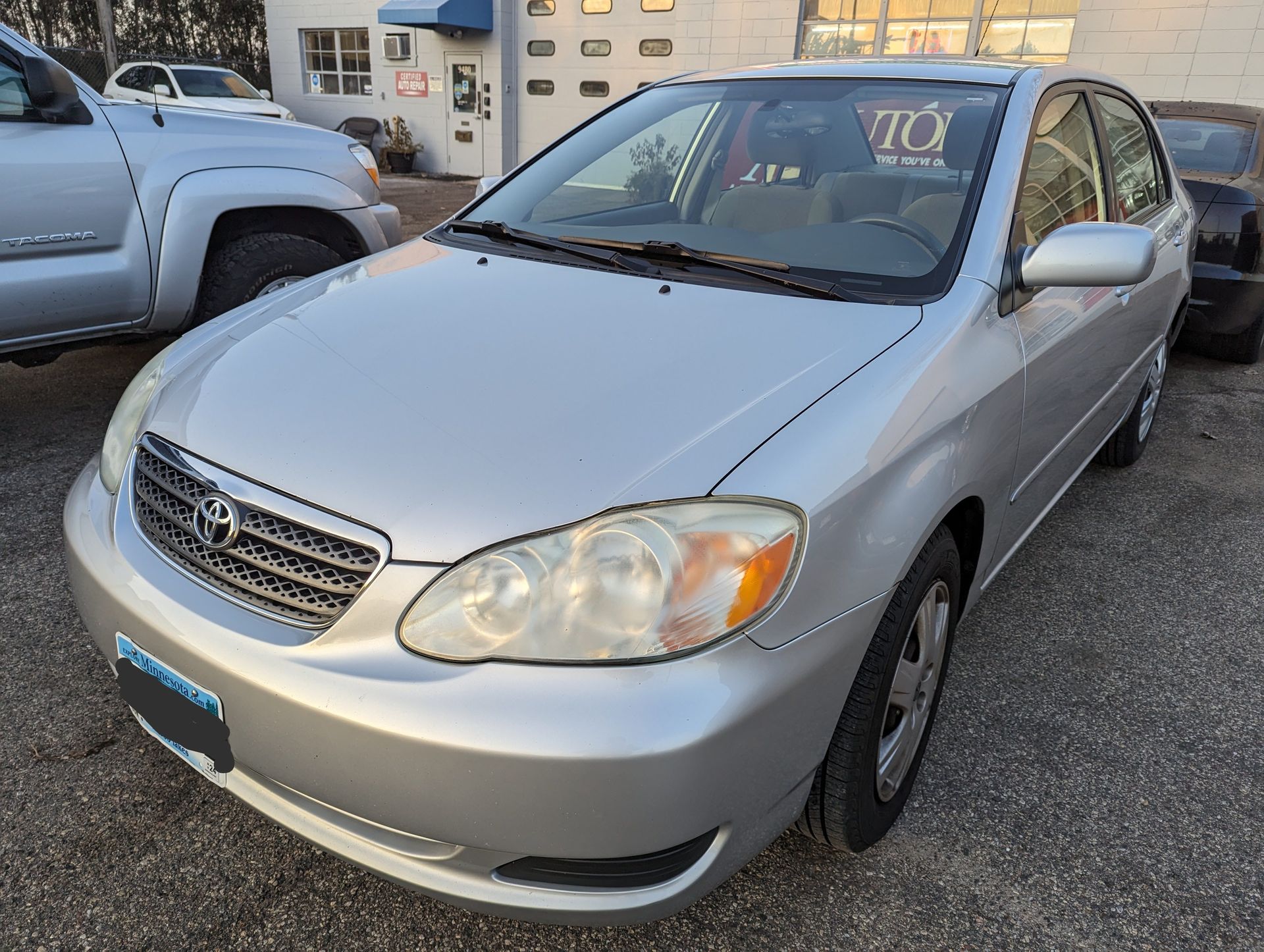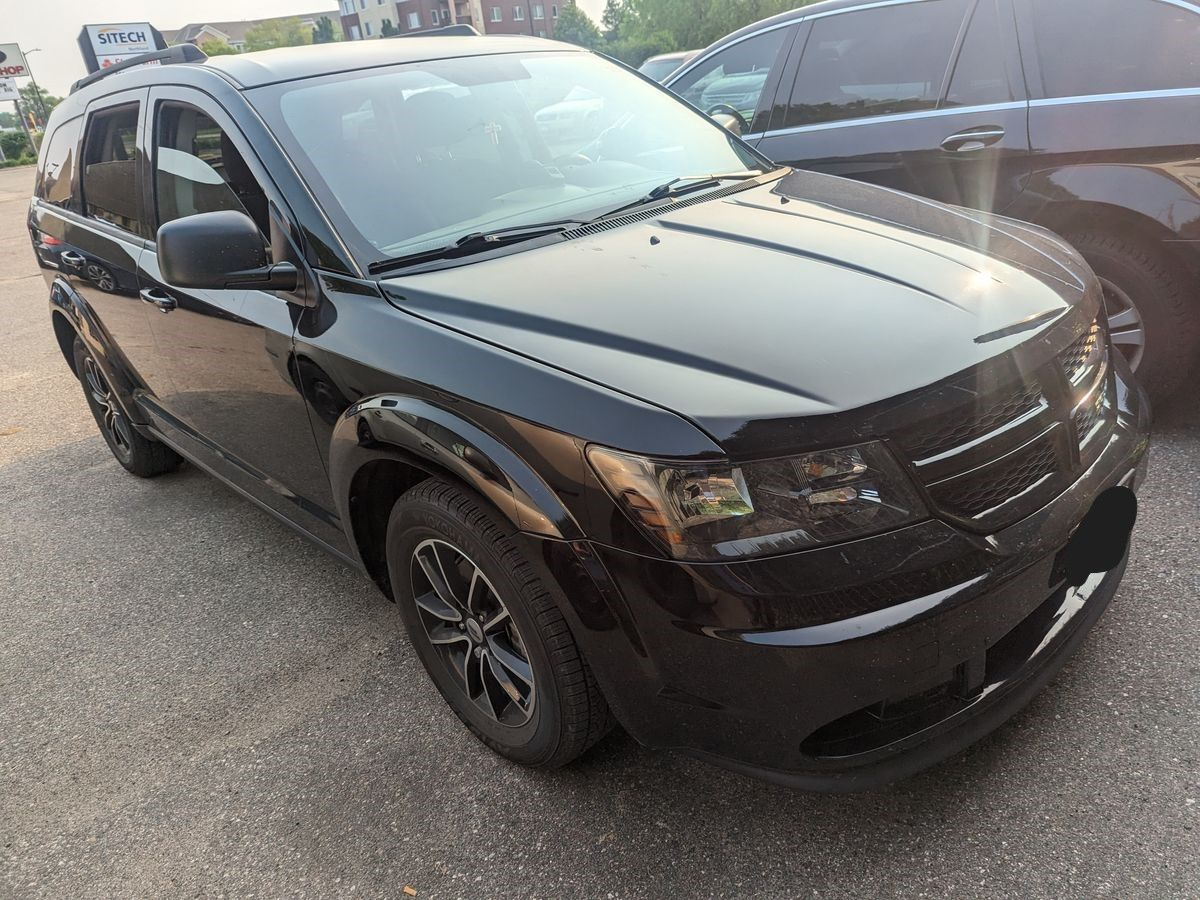Blog #135: Hyundai Engine Knocking: What Causes It and How to Prevent It
Blog #135: Hyundai Engine Knocking: What Causes It and How to Prevent It
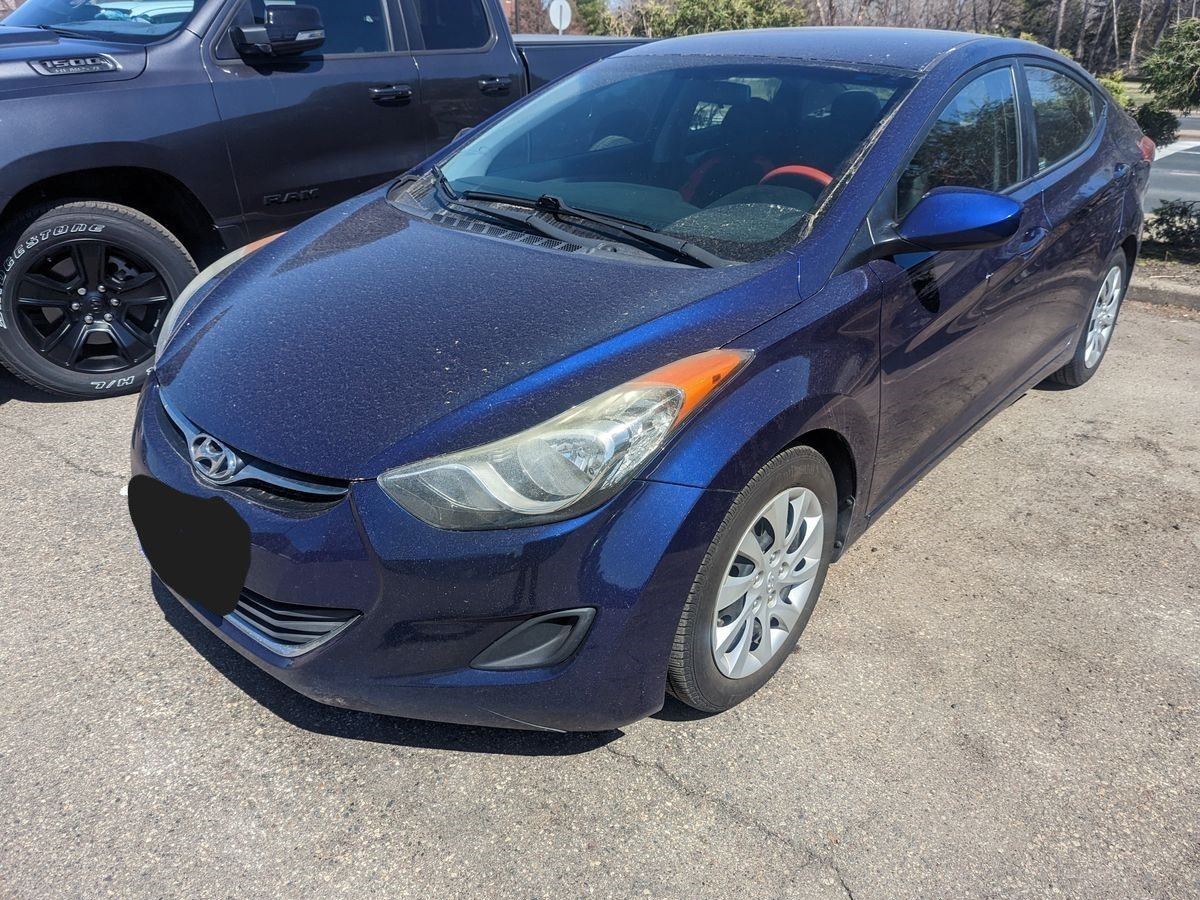
If you own a
Hyundai and you’ve ever noticed a strange knocking sound coming from your engine, it can be alarming. Engine knocking is one of those issues that drivers sometimes ignore, hoping it will go away, but in reality, it’s a warning sign you shouldn’t overlook. At
Autopia Bloomington, we see this issue frequently with Hyundai vehicles, and catching it early is the difference between a simple fix and costly engine repairs.
In this blog, we’ll cover the most common causes of engine knocking in Hyundai vehicles, how you can prevent it, and when to bring your car in for professional service.
What Is Engine Knocking?
Engine knocking (sometimes called pinging or detonation) is an unusual sound that happens when fuel in the cylinders ignites unevenly or at the wrong time. Instead of a smooth combustion, you get small explosions that create a knocking or pinging noise.
While it might seem like a minor annoyance at first, persistent engine knocking can cause serious engine damage, reduce performance, and even shorten the lifespan of your Hyundai.
Common Causes of Engine Knocking in Hyundai Vehicles
1. Low-Quality Fuel
Why it matters: Hyundai engines are designed to run on high-quality fuel with the proper octane rating. Using low-grade or contaminated gas can cause premature detonation, leading to knocking.
Smart fix: Always use fuel that meets Hyundai’s recommended octane level. If knocking continues, have a professional check for carbon buildup or timing issues.
2. Carbon Buildup
Why it matters: Over time, carbon deposits can accumulate in the combustion chamber, disrupting airflow and fuel delivery. This uneven mix can cause knocking and reduced efficiency.
Smart fix: Periodic engine cleanings or fuel system services can help prevent buildup. At
Autopia Bloomington, we provide professional carbon-cleaning services to restore your Hyundai’s performance.
3. Worn Spark Plugs
Why it matters: Spark plugs ignite the air-fuel mixture in your engine. Old or faulty plugs can cause misfires, poor combustion, and knocking noises.
Smart fix: Replace spark plugs at the intervals recommended by Hyundai (usually every 30,000–60,000 miles, depending on your model). Our technicians can test and replace spark plugs to keep your ignition system running smoothly.
4. Incorrect Ignition Timing
Why it matters: The timing of spark ignition is critical for efficient combustion. If the spark occurs too early or too late, it can cause engine knock.
Smart fix: Ignition timing adjustments should always be done by a professional. At
Autopia Bloomington, we use advanced diagnostics to ensure your engine timing is precisely set.
5. Low or Improper Engine Oil
Why it matters: Oil lubricates moving parts and prevents overheating. Low oil levels or the wrong type of oil can lead to increased friction, hot spots, and engine knock.
Smart fix: Check your oil level regularly and follow Hyundai’s recommendations for oil type and change intervals. We provide oil changes with high-quality, manufacturer-approved oil to keep your engine protected.
6. Engine Overheating
Why it matters: An overheating engine can cause premature fuel ignition, leading to knocking. Hyundais that run with low coolant or faulty cooling systems are especially at risk.
Smart fix: Have your cooling system inspected regularly. Our team can check coolant levels, flush the system, and inspect hoses and radiators to prevent overheating problems.
How to Prevent Engine Knocking in Your Hyundai
- Use quality fuel with the correct octane rating.
- Stay on top of oil changes with manufacturer-approved oil.
- Replace spark plugs and ignition components as recommended.
- Schedule regular inspections for your cooling and fuel systems.
- Listen to your car. If you hear knocking, don’t wait—schedule service right away.
At Autopia Bloomington, we emphasize preventive maintenance. Addressing small issues like spark plug wear or carbon buildup now can save you from costly repairs later.
FAQs: Hyundai Engine Knocking
Q: Is it safe to drive my Hyundai with engine knocking?
A: No. Continuing to drive with knocking can cause engine damage and expensive repairs. It’s best to have it checked immediately.
Q: Does Hyundai cover engine knocking under warranty?
A: In some cases, engine knocking caused by manufacturer defects may be covered under Hyundai’s powertrain warranty. However, if it’s due to poor maintenance or fuel quality, it may not be covered.
Q: How can I tell if it’s engine knocking or another noise?
A: Knocking usually sounds like a repetitive metallic pinging, especially during acceleration. Other noises (like rattles or squeaks) may come from different components. A diagnostic inspection at Autopia Bloomington can identify the exact issue.
Q: Can fuel additives fix engine knocking?
A: Some fuel additives can reduce carbon buildup and improve combustion, but they’re not a permanent fix. Professional cleaning or repair may still be needed.
Q: How often should I bring my Hyundai in for preventive maintenance?
A: At minimum, schedule oil changes every 5,000–7,500 miles and general inspections annually. Regular service at Autopia Bloomington helps prevent knocking and other issues.
Protect Your Hyundai with Professional Care
Engine knocking isn’t something you should ignore. Whether it’s caused by low-quality fuel, worn spark plugs, or carbon buildup, catching the problem early will save you time, money, and stress. At
Autopia Bloomington, we specialize in Hyundai maintenance and repair, offering expert diagnostics, preventive services, and honest recommendations.
Don’t wait for a small knocking sound to turn into a major repair. Schedule your Hyundai engine service with Autopia Bloomington today and keep your vehicle running strong, smooth, and reliable for years to come.

